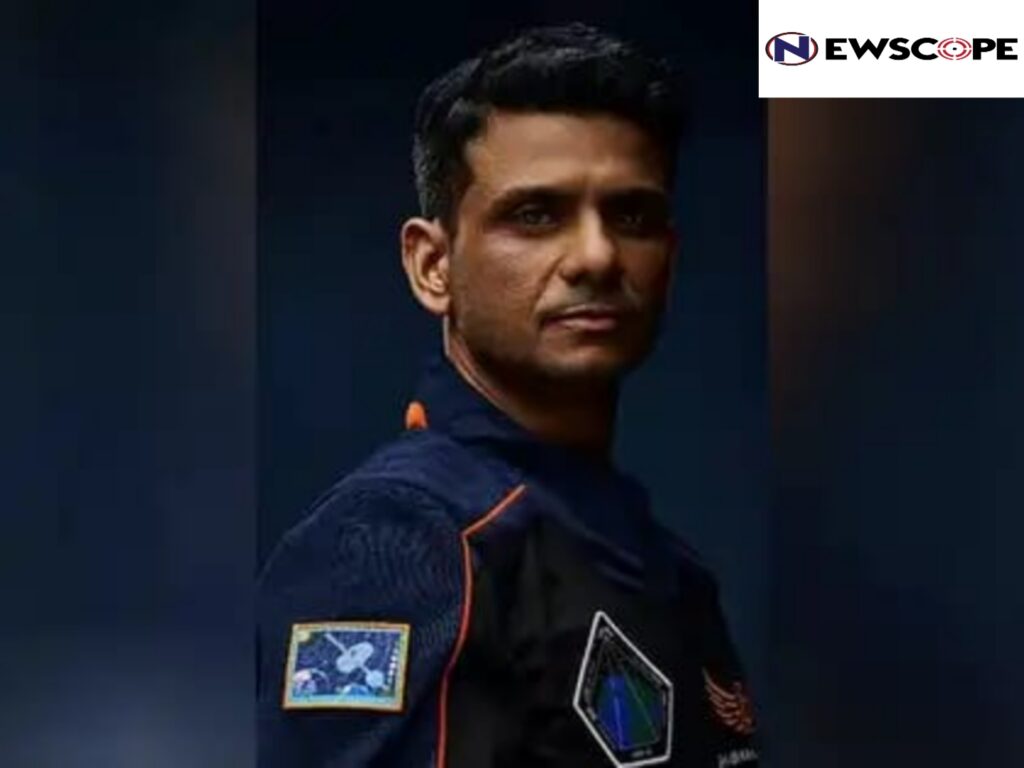The Axiom mission 4 mission, carrying Indian astronaut Group Captain Shubhanshu Shukla, has been postponed to June 10 from its earlier June 8 schedule making it the third delay since its initial May 29 target. The mission, launching from NASA’s Kennedy Space Center in Florida on a SpaceX Dragon spacecraft, will witness Shukla become the first Indian to visit the International Space Station a milestone not achieved since Rakesh Sharma’s 1984 spaceflight. The delay is being attributed to ISS scheduling adjustments and SpaceX Dragon spacecraft readiness.
Shukla, a 39 year old Indian Air Force officer from Lucknow, will pilot the mission alongside Commander Peggy Whitson of USA, Sławosz Uznański Wiśniewski of Poland and Tibor Kapu of Hungary. Shukla brings a wealth of experience with over 2,000 hours of flight time on advanced fighter jets like the Su-30MKI. The 14 day mission will involve over 60 scientific experiments. Seven of them will be led by Shukla himself. They will be focused on microgravity research and include growing of methi or fenugreek and moong or green gram to advance space agriculture. Even skeletal muscle health and stem cell development will be studied furthering biomedical research. These experiments are essential to support ISRO’s ambitions in the Gaganyaan mission set for 2027 and a planned Indian space station by 2035.
Shukla has since been undergoing rigorous training at Russia’s Yuri Gagarin Cosmonaut Training Center, Bengaluru’s Astronaut Training Facility and SpaceX’s California headquarters for this mission. In Shukla’s own words, “even stars are attainable.”
The repeated delays however are causes of concern given the logistical challenges and the mission’s ₹548 crore cost. India’s investment in Axiom 4 has also been questioned on whether it is an immediate priority due to the technical hurdles. However, support has poured in with many lauding the mission’s role in positioning India as a space superpower and inspiring innovation.
